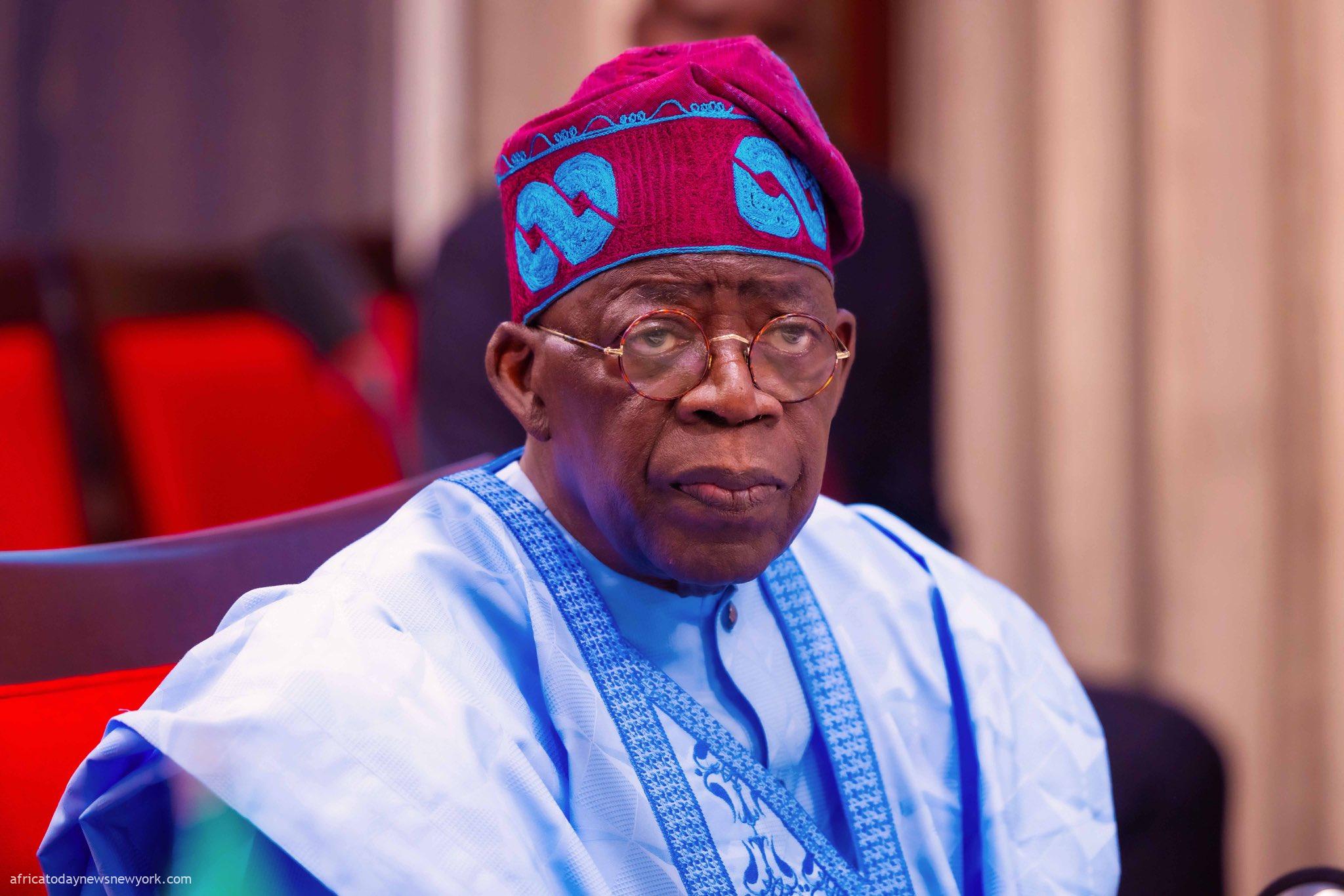The Civil Society Coalition for Good Governance has pressed President Bola Tinubu to nominate the next head of the Economic and Financial Crimes Commission (EFCC) from the southern region of Nigeria.
Mr. Olufemi Lawson, the spokesperson for the group, made it clear during the State of the Nation Media Briefing in Lagos on Friday that no Southerner has ever held this seat.
It’s worth noting that on June 15, Mr. Abdulkarim Chukkol, who serves as the Director of Operations at the EFCC, commenced his duties as the acting chairman of the anti-graft agency.
President Bola Tinubu decided on June 14 to suspend Abdulrasheed Bawa from his role as EFCC chairman and launch a detailed probe into his conduct while in office.
Lawson, who concurrently serves as the National Secretary for the Campaign for Democracy, voiced their unwavering belief in the existence of highly competent individuals from the South who are more than qualified to assume the role of EFCC chairman.
‘Nigeria is a diverse nation, with over 250 ethnic groups and a multitude of languages and cultures. It is imperative that our national institutions, such as the EFCC, reflect this diversity and promote a sense of inclusivity.’
Read also: NEC Backs CBN’s Plan To Use $3bn Loan For Economic Stability
‘By appointing a candidate from the South as the next EFCC chairman, the President will be sending a powerful message of unity and demonstrating his commitment to fostering a harmonious and balanced the country.’
‘This gesture will also go a long way in healing past wounds and building bridges across regional divides.’
‘This step will not only address regional imbalances and promote national unity but also enhance the effectiveness and credibility of the commission,’ he said.
He also urged the President to consider appointing leaders of paramilitary organisations from within the ranks and in order of hierarchy.
According to Lawson, the approach may yield a more stable and effective security apparatus, as it ensured that individuals with years of experience and institutional knowledge are entrusted with leadership roles.
‘President Tinubu’s first 100 days have been marked by significant policy initiatives and shifts in governance. While we acknowledge these efforts, we believe there is an area that requires immediate attention.’
‘The appointment of leadership into various offices and most importantly, into the various security agencies, anti-Corruption and paramilitary organisations in the country.’
‘We commend the President for his commitment to enhancing the security and safety of our nation.’
‘By promoting leaders from within, President Tinubu can foster a sense of loyalty, discipline, and professionalism within the various organisations.’
‘This practice can also serve as a motivational tool for the dedicated men and women who have tirelessly served these agencies,’ he said.
Joining the conversation, Mr. Declan Ihekaire, the National Coordinator of Activist for Good Governance, stressed the importance of nurturing loyalty, discipline, and professionalism within various organisations through the promotion of internal talent.
Ihekaire highlighted that employing this practice could have the added benefit of serving as a source of motivation for the committed men and women who have tirelessly served these agencies.
He stated that, although they acknowledged the President’s discretion in appointing competent individuals, they believed that seniority-based appointments could act as a safeguard against political interference.
‘It will also ensure that leadership positions are filled based on merit and competence rather than political considerations.’
In his statement, Ihekaire affirmed that, as vigilant civil society groups, they were willing to back the President’s administration in its initiatives to foster a safer and more secure nation.
He implored the President to heed their advice on leadership appointments within paramilitary organisations, emphasising its compatibility with the core values of transparency, accountability, and merit-based selection.

